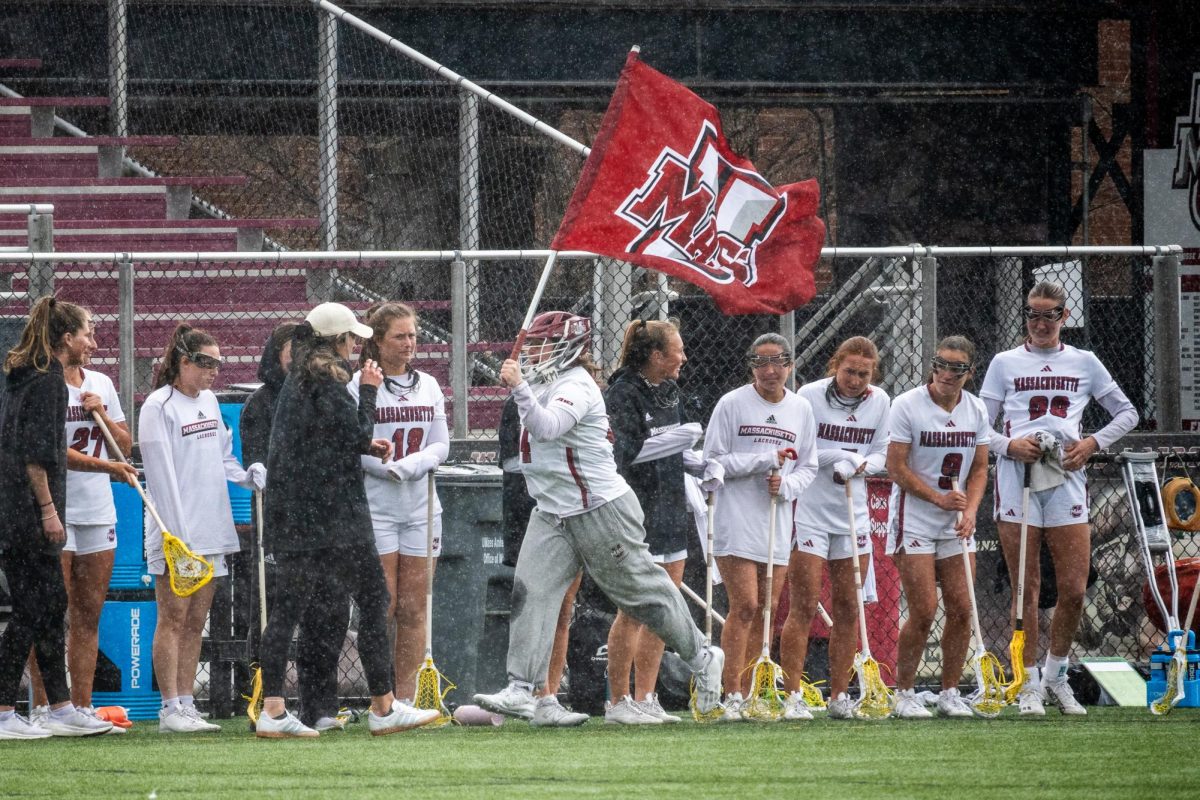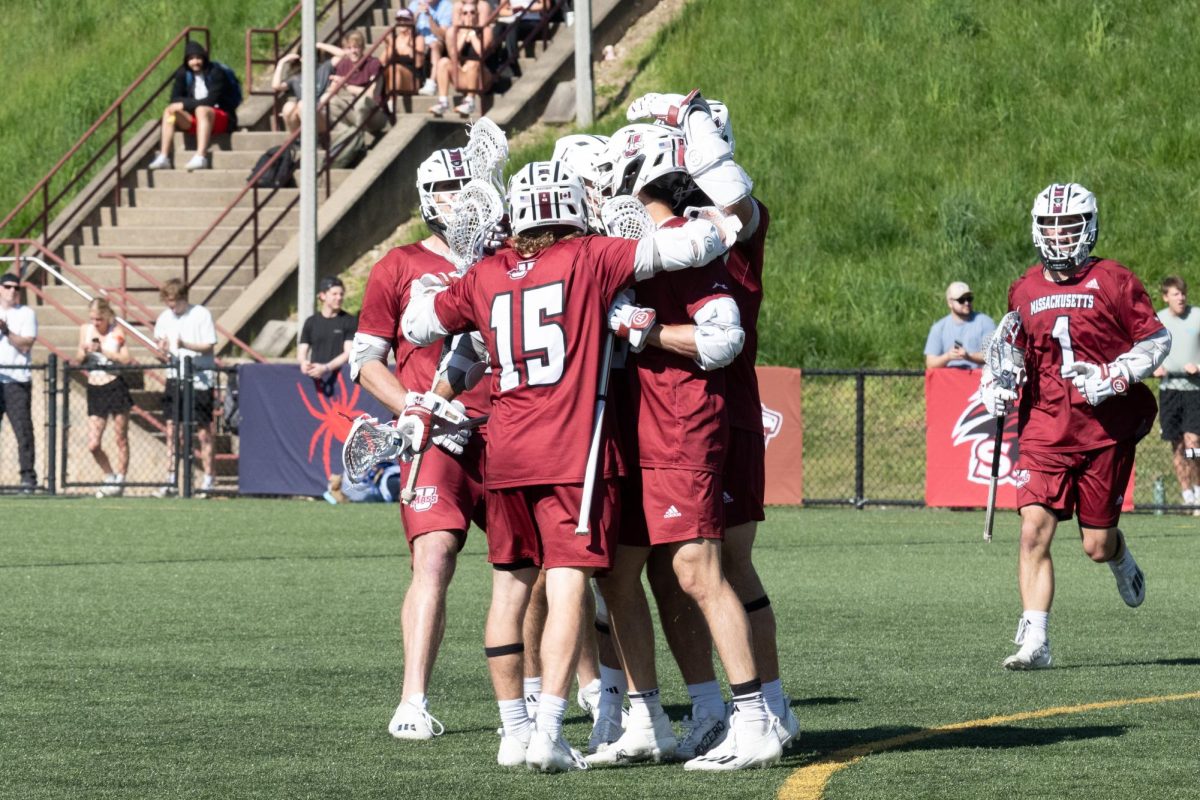One of my favorite Monty Python skits is a faux “do-it-yourself” show offering painfully simple advice to very complex, abstract problems. In explaining how to rid the world of diseases, one of the hosts explains that first you should “become a doctor and find a marvelous cure for something, and when the medical world really starts to take notice of you, you can jolly well tell them what to do and make sure they get everything right so there’ll never be diseases anymore.”
As the Democratic presidential primary extends to what seems like its second year, maybe we should utilize some Monty Python-like logic (a painfully ironic term) to make sure a situation like this never happens again. There can be no doubt that this will be one of the most historic (if not most important) presidential elections the United States has ever experienced. I feel obligated by law (and my mother) to point out that in our 232-year history, our presidential leadership has only reflected a portion of our population.
Thus, when both Hillary Clinton and Barack Obama appeared to be strong, viable candidates, it was clear that the Democratic nomination would be a long contest. Few, however, envisioned a primary season that would have remained competitive into April, exposing divisions that threaten to split the Democratic party into several factions. Following the Monty Python “do-it-yourself” model, the complex question we must face is how to prevent the primary season from dragging on to a point that endangers the harmony of a political party.
The painfully simple answer is to have everyone vote at the same time.
I would like to note that this is not a novel solution and I am certainly not the first person to suggest an overhaul of the electoral system. We have not, however, faced a situation quite like the current primary fiasco and we have very rarely entertained the idea of serious, dramatic changes to our electoral system. A mythological ethos surrounds the founding of our country. At some point, laws, statutes and general principles about American government were established for certain logical (or illogical) reasons. Over the course of history, they transitioned from their position as rationally formed laws or principles and were re-codified as part of American tradition. This transformation discarded any context for the formation of these laws or principles, leading to governmental structures that were elevated to a semi-mythical status, seemingly untouchable by the general populace.
Because of this, we are stuck with an electoral system mandated by the 50 states and the national party committees that requires 50 separate primaries to take place over the span of five months.
There are legitimate reasons to keep the current primary system the way it exists, but even most of these can be chalked up to unwillingness to change the existing system.
Yes, smaller states like New Hampshire are able to receive more attention from politicians than a national primary would provide, but that does not mean that a nationwide primary day would only steal focus away from smaller states. Instead, it would more evenly distribute attention, creating a more widespread consensus about the effectiveness of a candidate. Candidates would need to focus on localities while not alienating their bases of support.
Defenders of the current primary system also maintain that individual state primaries allow candidates to interact with local people and give them a chance to speak to local issues. This forgets, however, that modern campaigns begin months (and in some cases, years) ahead of primary dates. Why can’t we move the primary date further back, leaving plenty of time for candidates to speak to local issues and interact with locals during fundraising appeals?
The current primary system also takes a huge toll on candidates, draining them of both money and energy before the general election even begins. A single primary day could cut down on costs (as candidates would be able to use the national media for their advertisements and not have to spread their money over five months of primaries) and cut down on mental anguish, as travel time and campaigning would have a specific end point.
The benefits of a one-day primary outweigh the costs. There may be states that do not receive the attention they currently enjoy because of their importance as symbolic icons of the primary season, but overall, candidates will have both the time and the need to address local issues, much more so than in the general election. Primaries are meant as an appeal to a candidate’s base of supporters and a measure of the candidate’s general attractiveness to that base.
As we are currently seeing with the Democrats, primaries that drag on expose factions and divisions, damaging the party even before the primary season is complete. While we may like to defer to tradition and keep our governmental structures the same as they have functioned for years, it may be time for a change. Don’t be worried about the future, however. Everything will work out if we always look on the bright side of life.
Dan Nicastro is a Collegian columnist. He can be reached at [email protected].






